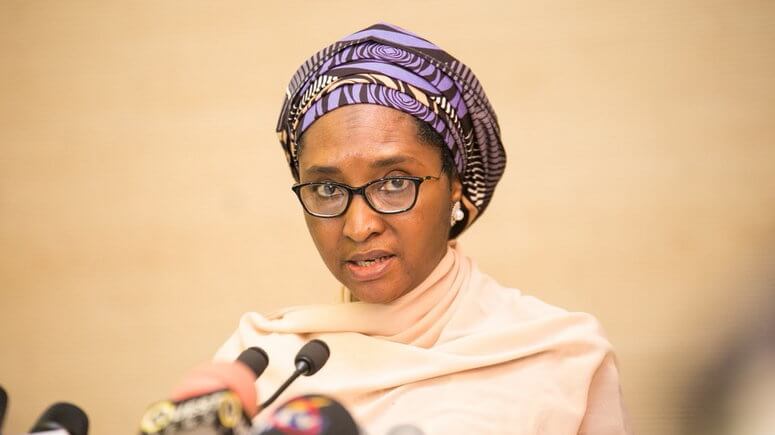In what sounded an unrepentant voice of justification of the nation’s rising public debt stock, the Minister of Finance, Budget and National Planning, Zainab Ahmed, on Wednesday stoutly defended the borrowings of the President Buhari-led administration, saying the government will continue to borrow to fund critical projects.
The minister, who spoke against the background of the federal government’s plan to borrow N6.258 trillion to fund the 2022 budget deficit , maintained that borrowing had become inevitable in the face of dwindling revenues of the government that could barely accommodate services.
The minister gave these hints at the end of the Federal Executive Council (FEC) meeting in Abuja
In spite of concerns being expressed by many experts about the rising public debt, Ahmed maintained that the total size of Nigeria’s public debt is still within sustainable limits.
She explained: “If we just depend on the revenues that we get; even though our revenues have increased, the operational expenditure of government, including salaries and other overheads, is barely covered or swallowed up by the revenue.
“Government has been borrowing before this administration and continues to borrow, and it is important that we borrow to provide developmental projects in the form of roads, rails, bridges, power and water for sustainable development in this country.
“So, we need to borrow to be able to build these projects that will ensure that we’re able to develop on a sustainable basis.
“Nigeria’s borrowing, has been of great concern and has elicited a lot of discussions. But if you look at the total size of the borrowing, it is still within healthy and sustainable limits. As at July 2021, the total borrowing is 23% of GDP.
“When you compare our borrowing to other countries, we’re the lowest within the region, lowest compared to Egypt, South Africa, Brazil, Mexico and Angola”, the minister stressed.
According to her, as revenues have been decreasing and expenditures are surging it has become difficult for government to cope with funding.
Ahmed clarified: “We do have a problem of revenue. Our revenues have been increasing. We just reported to Council that our revenues from non-oil have performed as at July; the rate was 111%, which means outperforming the prorated budget.
“Our expenditure, especially staff emoluments have been increasing at a very fast rate, making it difficult to cope with funding”, the minister added.






